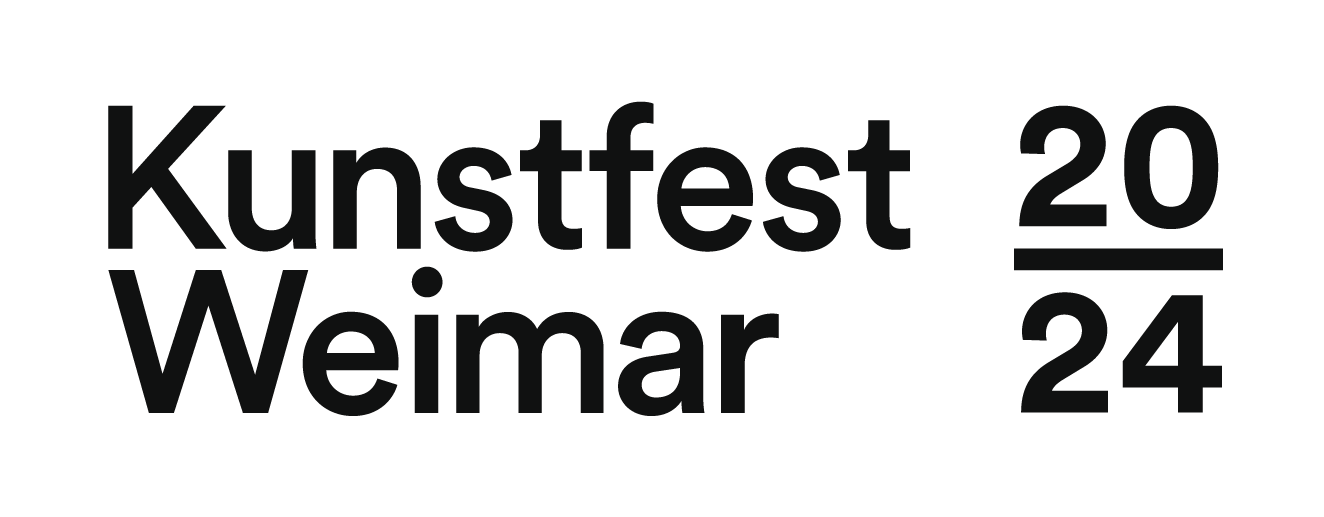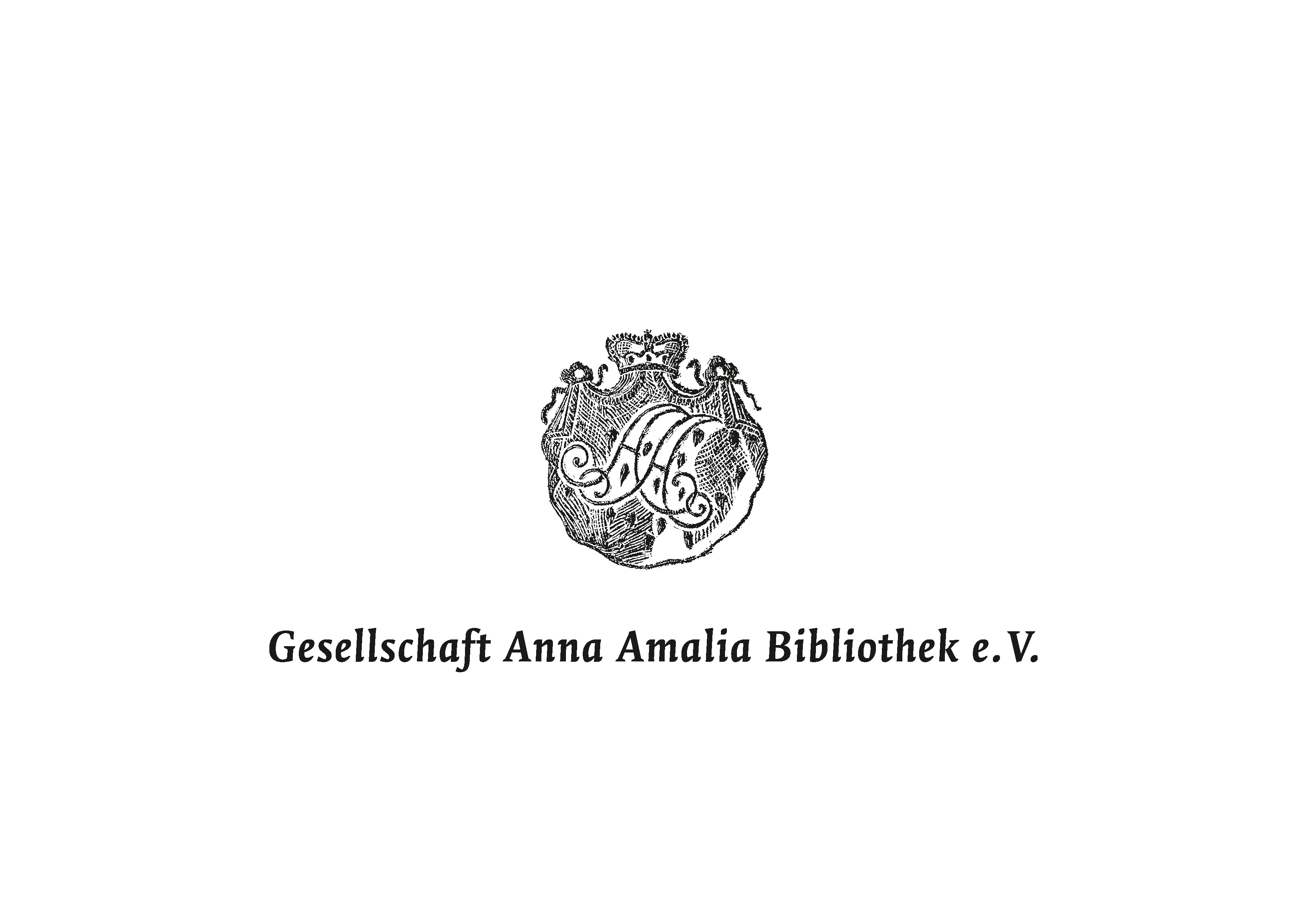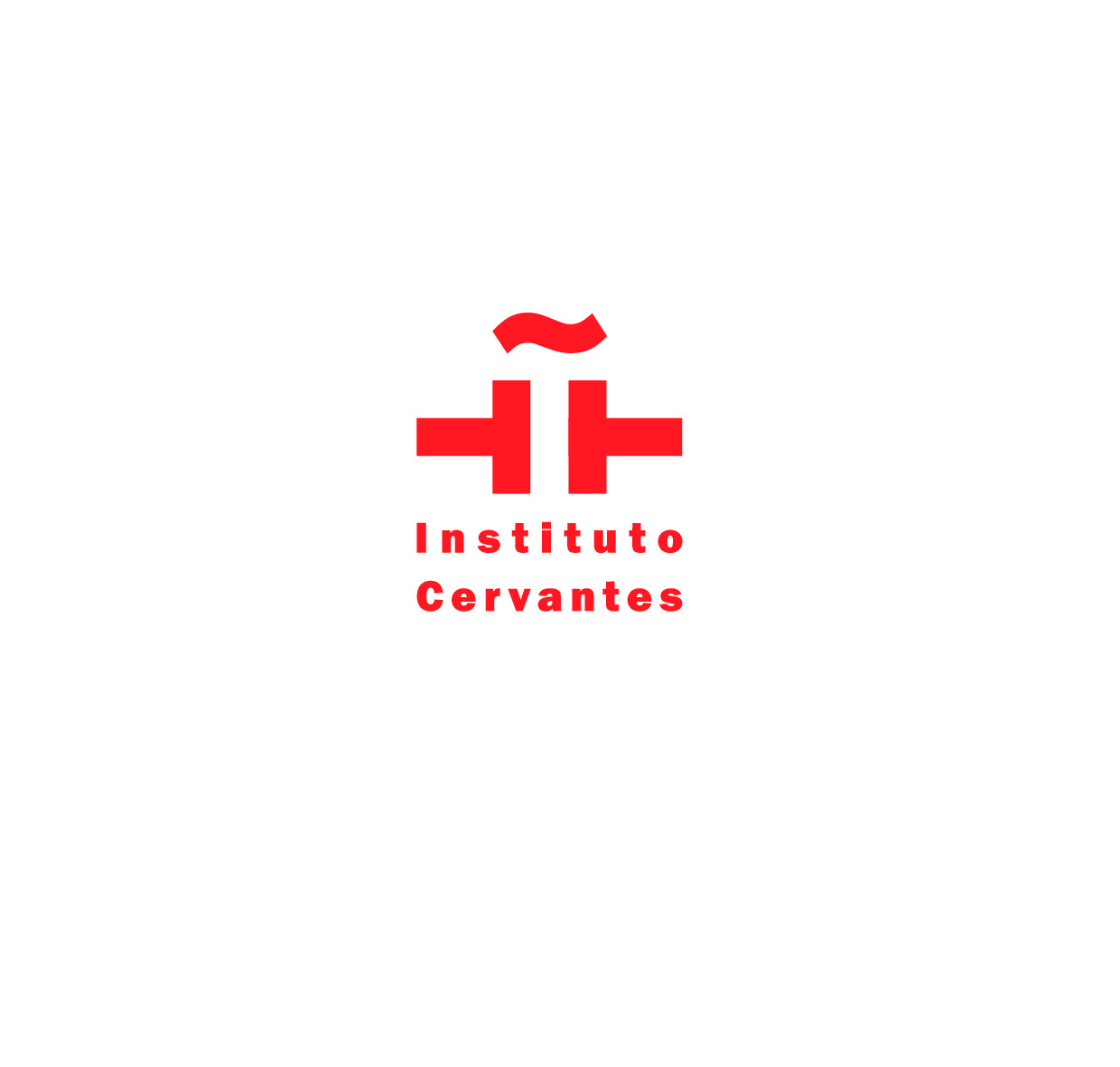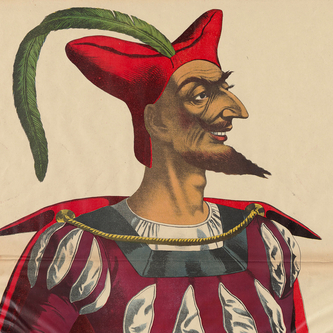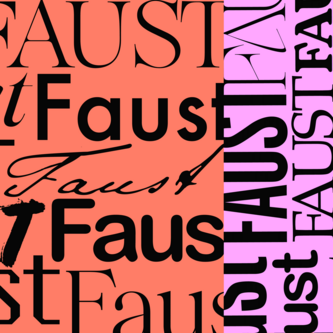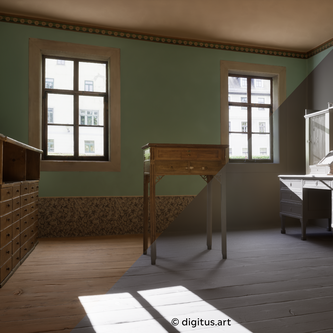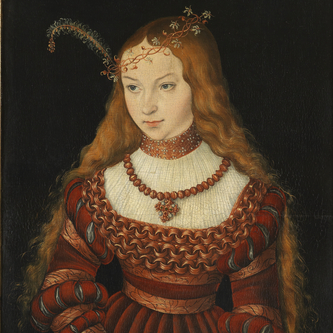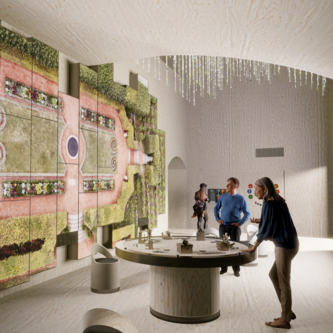Projects of the Klassik Stiftung Weimar are funded by the European Regional Development Fund (ERDF) and the Free State of Thuringia, represented by the State Chancellery of Thuringia, Department of Culture and the Arts.
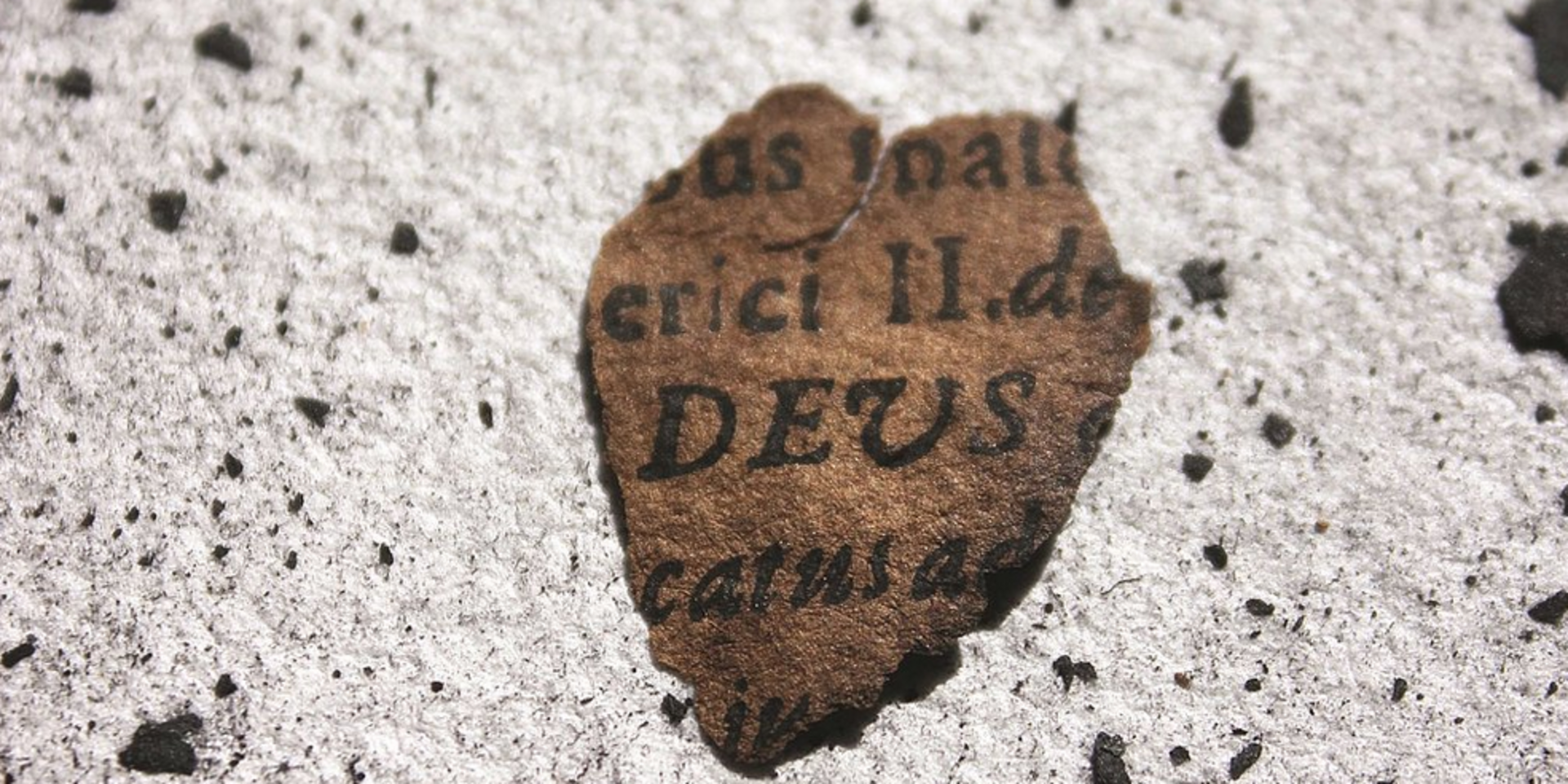
Ars Ignis. The Poetry of Destruction
A site-specific intervention by Anna Talens
In commemoration of the 20th anniversary of the inferno that destroyed the Herzogin Anna Amalia Bibliothek, the Spanish artist Anna Talens has developed a site-specific intervention which poetically explores the creative energy of fire.
Fire is destructive, but it can also be a creative force.
“Ars Ignis” is dedicated to those book fragments which no amount of restoration could salvage. The artist works with fragments of loose book pages and coarse bits of ash.
Her interventions can be found at two locations – in the historic Rococo Hall and in the modern Study Centre of the Herzogin Anna Amalia Bibliothek.
The installation “The Black Volcano” in the Rococo Hall, which was largely destroyed in the fire, consists of the ashes of burned books. The work highlights and forges a link to different ages in history – Anna Amalia’s and Goethe’s journeys to Italy, our fascination with forces of nature and ultimately the most recent catastrophe at this site – the library fire of 2004.
Its counterpart is “The White Archive” located in the library’s modern Study Centre. Not only can visitors discover the beauty of the preserved ash book fragments, but also the creative process which forges something new from fragments that were thought to be lost. International writers developed new texts based on themes found in the ash books.
Public readings of the texts will be held at the HAAB each day during Kunstfest Weimar from 2 to 6 September 2024.
Your visit
Opening times
Installation part 1 “The Black Volcano”
Rococo Hall | Tue–Sun (Mon closed) 9:30 am – 6 pm
Installation part 2 “The White Archive”
Study Centre | Mon–Fri | 9 am – 8 pm; Sat | 9 am – 7 pm
Accompanying programme
Public readings of texts by international writers inspired by the intervention Kunstfestes Weimar.
| 22 Aug, 6 pm – 8 pm | Vernissage: Ars Ignis. The Poetry of Destruction |
22 Aug, 6 pm – 8 pm 2 – 5 and 7 Sep, 4 pm – 4:30 pm | Staged reading: Ars Ignis. The Poetry of Destruction |
Participating authors:
Daniela Danz (*1976; Germany); Pablo Fidalgo (*1984; Spain); Sonia Gentili (*1970; Italy); Volha Hapeyeva (*1982; Belarus); Ramona de Jesús (*1990; Colombia); Dilber Macit (*1996; Turkey); Javier Maderuelo (*1950; Spain); Alberto Manguel (*1948; Canada/Argentina); Stefan Petermann (*1978; Germany); María Sanchez (*1989; Spain)

